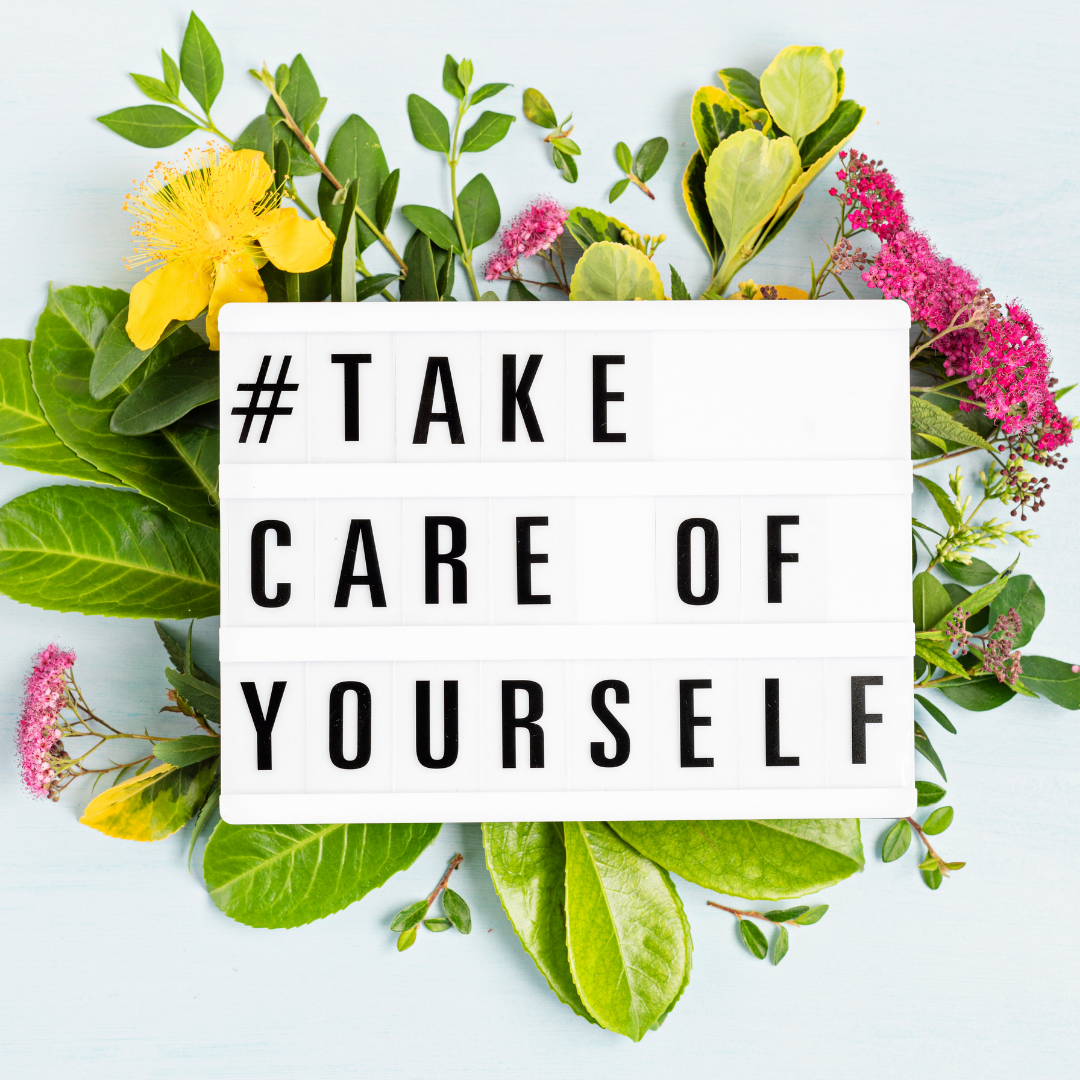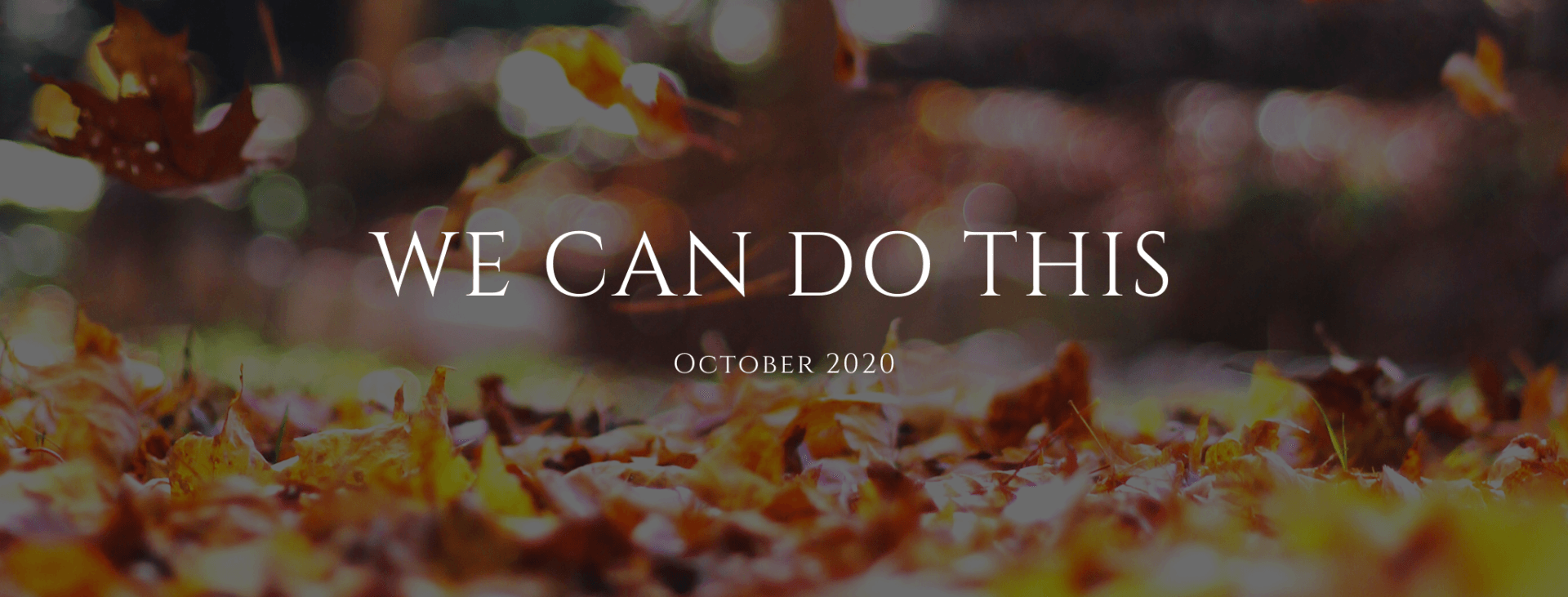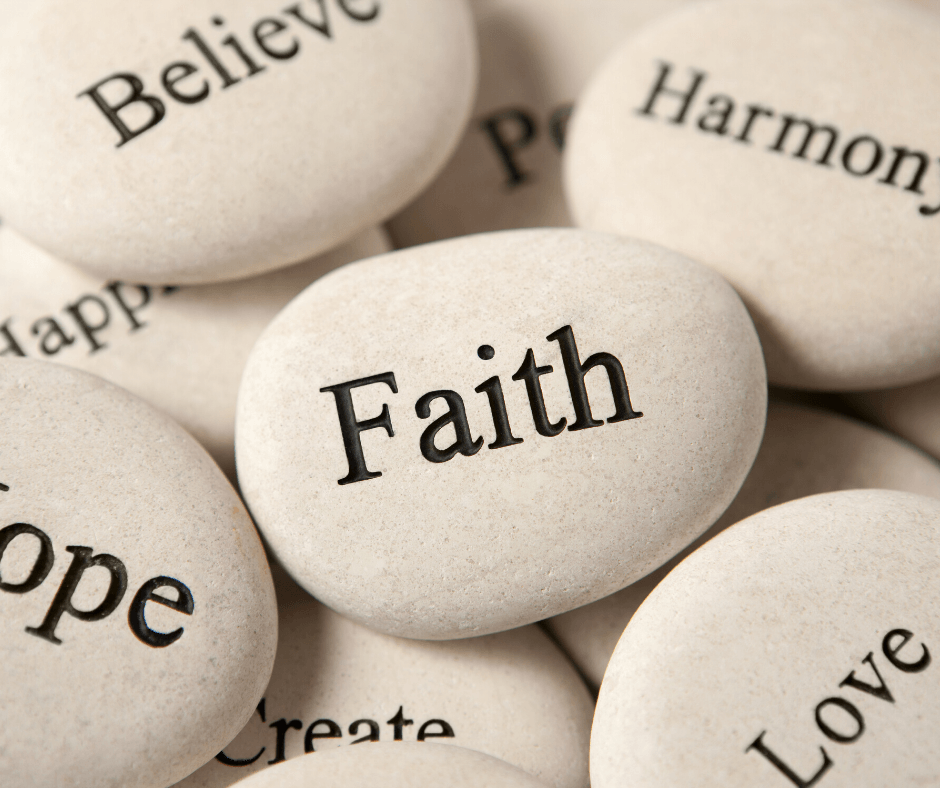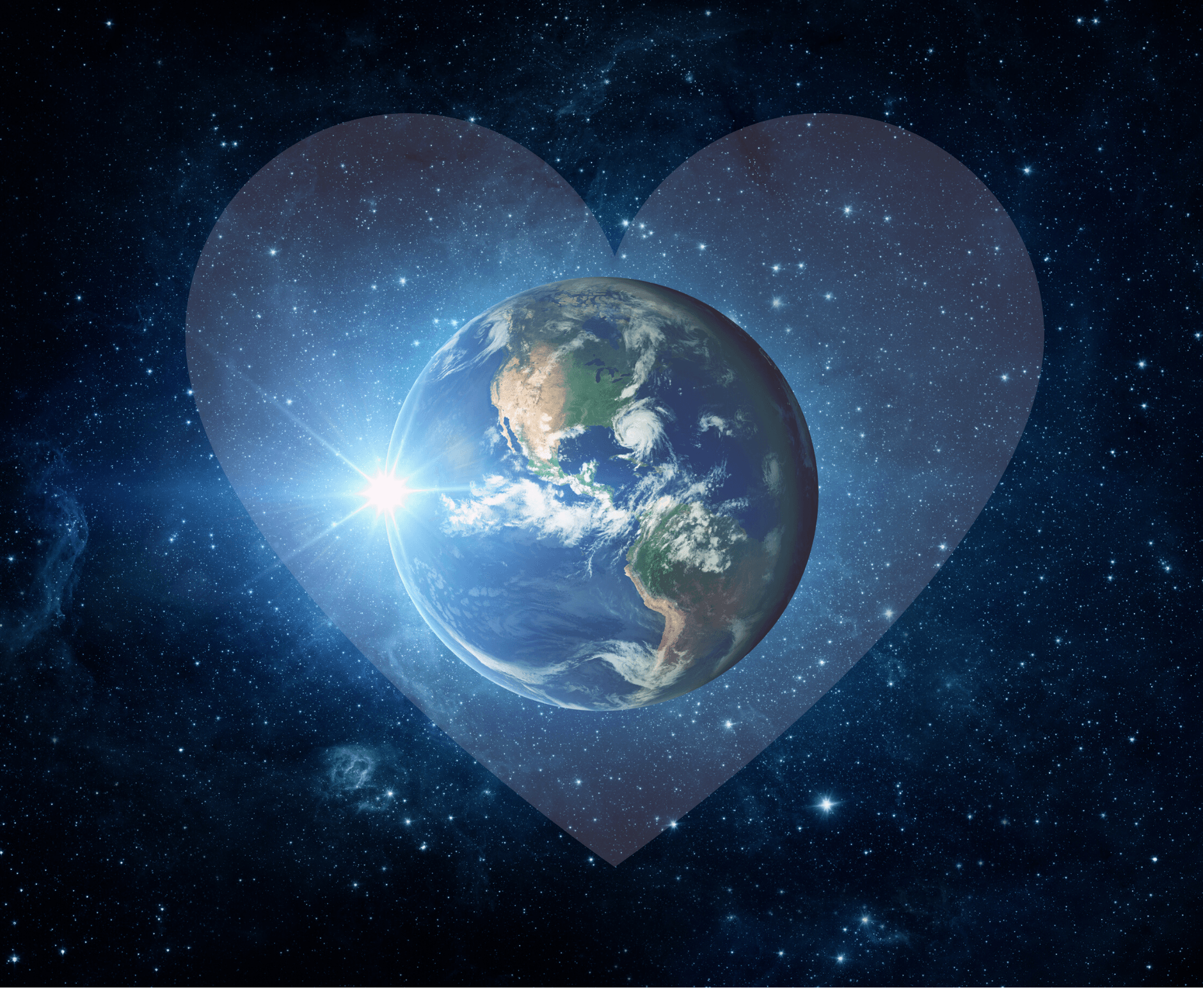We Are the Reason
And Why That's Good News
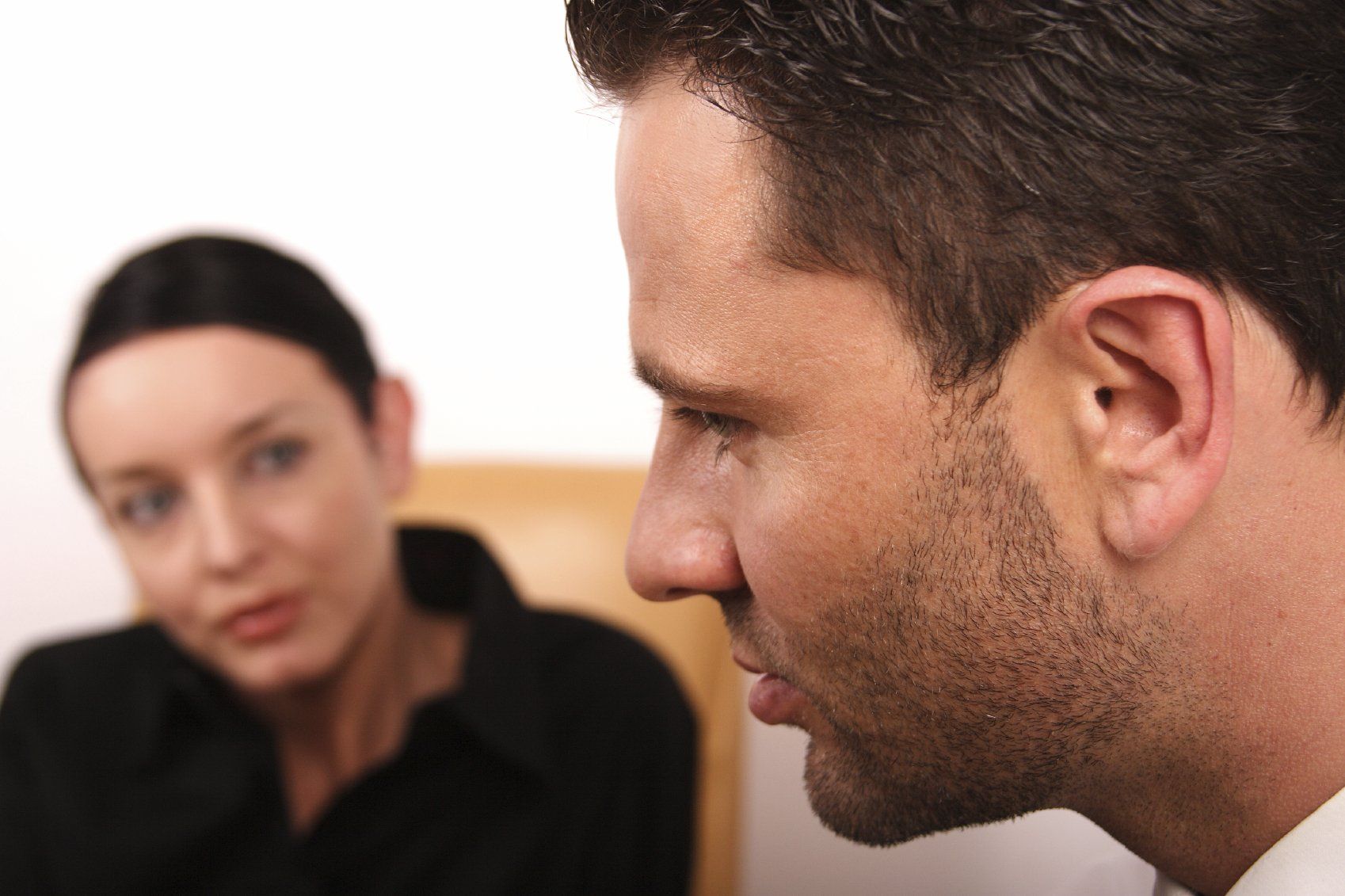
In life coaching, there's a common
theme that runs among many clients.
People are distressed in a relationship because they perceive that another
person is treating them badly. Maybe they are tired of the way their spouse,
mother/mother-in-law or sister treats them. Some will talk about being taken
advantage of by their grown children and under appreciated.
Some will talk about being the only one at their job who does all the
work or stays late. These are just a few examples that many people commonly
experience.
A Few Questions to Ask Ourselves When Faced With Similar Challenges
- How are my communication skills and am I willing to communicate openly and honestly?
- Do I speak up directly and respectfully when there is a problem or do I stay quiet, breeding resentment?
- Am I taking responsibility for my part in a challenged relationship?
- Do I respond to difficult situations after thinking it through or do I react with defensiveness?
- Do I reward my grown children or spouse for treating me with disrespect by continuing to tend to many of their daily wants or needs or do I clearly communicate my expectations and boundaries?
- Do I say no gracefully and without guilt when I don't want to do something or do I reluctantly give in and do it anyway?
- Who's responsible for my happiness?
Our answers to many questions like the ones above will determine
the state of our relationships as well as the state of our lives.
The fact is, as the common phrase goes, we teach people how to
treat us. We are the reason our relationships will involve mutual respect or a
one way street to misery.
The fact that we are responsible is GOOD NEWS! It means we have the power to
change what is no longer working in our lives.
An important lesson in the words of Eleanor Roosevelt: "Nobody has the ability to make you feel inferior without your consent."
Until we choose what we will and will not tolerate for ourselves,
blaming someone else is simply a useless way of continuing to live exactly the
same way
The most effective and long lasting
way to change a relationship is through intention, responsibility,
compassion, forgiveness and gratitude.
Contemplation For A Different Outcome
What is my intention in confronting change with this person? Is it to make the
relationship or situation better for all involved? Assuming that it is, how can
I approach this person while aligning with that intention? Compromising our
worth does not serve us and playing small is a huge dis-service to others. If
we've determined our intention is to get even, be judgmental or to force our
views on someone else, the outcome we are likely to receive may involve more
drama and chaos than not .
When we take responsibility for our part in the challenged relationship, what
we are saying is, "I'm done focusing on obstacles, limitations and excuses
and I'm ready to take on a different approach." It's not about blaming
ourselves but instead acknowledging that we can always do better. It's
understanding that it's up to us to hold higher expectations for and from
ourselves and our relationships and now is the time.
When we hold the thought that the other person, like us, is not perfect and
that they are doing the best they can with the tools they have in their own
personal tool belt in each moment, we are bringing an energy of respect and
compassion to the relationship and conversation. It's not about making excuses
for the way someone behaves but learning to handle the situation from a more
empowered perspective.
Forgiveness is a gift we give ourselves. It's not saying what someone may have
done is okay with us. It's saying, "I understand that you are human and
that your actions are a reflection on you and your values. I will no longer
choose to carry around your choices and views in the form of anger, hatred,
shame or guilt." We have two choices: Hold a grudge and stay still or
empower ourselves to drop that heavy weight, forgive and move forward.
We always have the choice to complain about all that's wrong with our life or
to look for what's right and to seek out the natural strengths of others. A
focus on Gratitude is a powerful way to see ourselves, those around us and our
life from a whole new perspective.
We really are that powerful.


